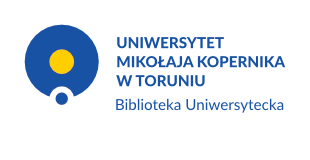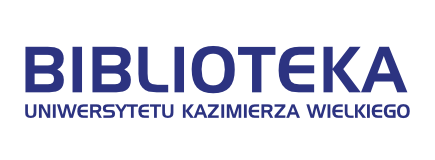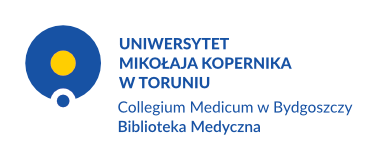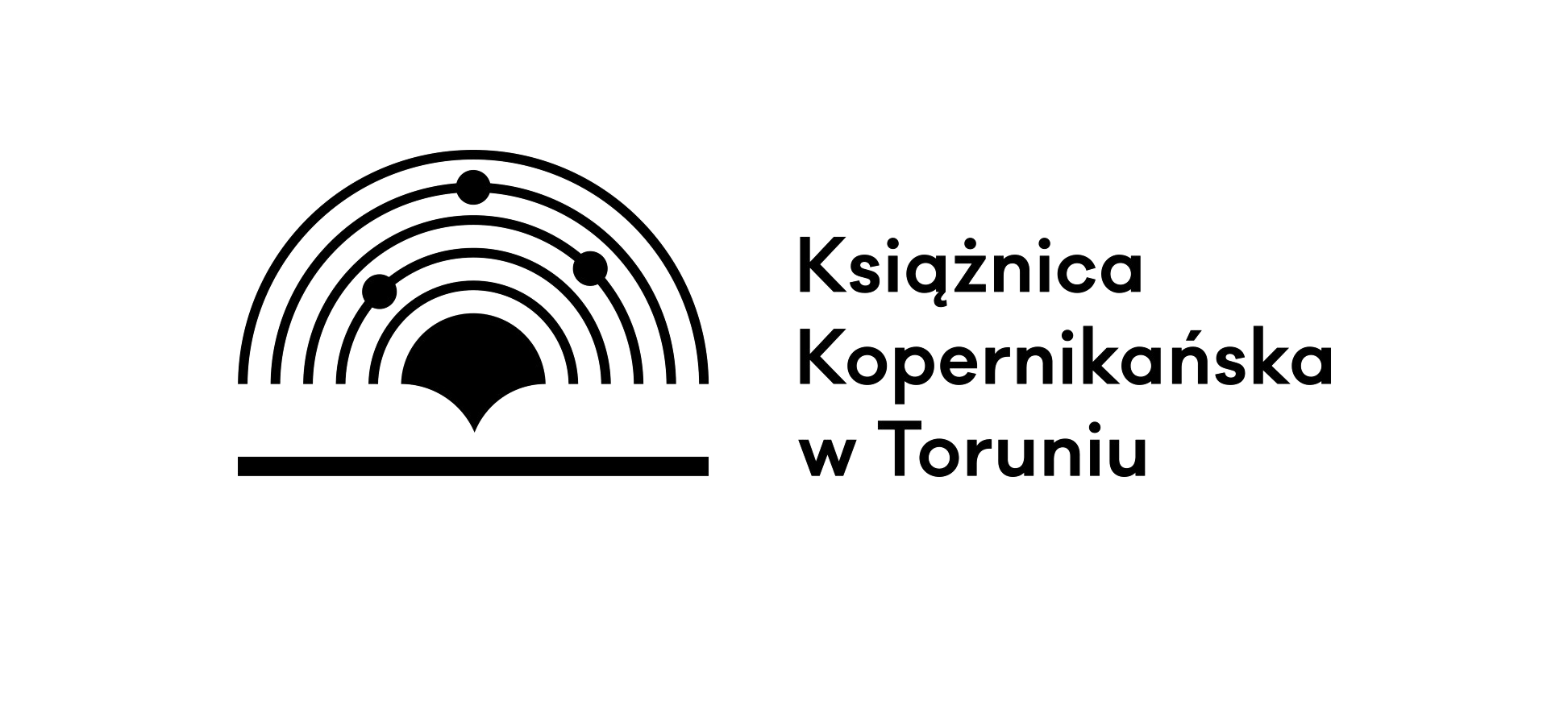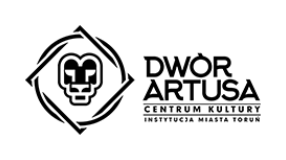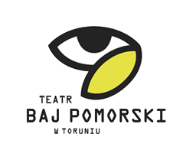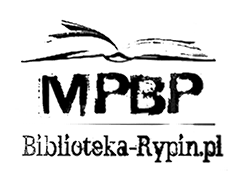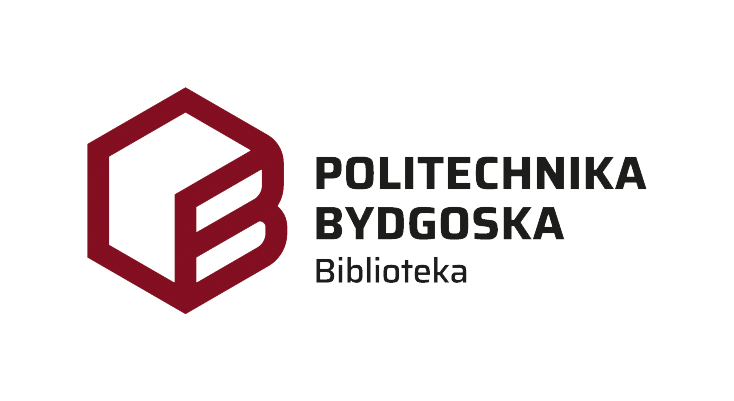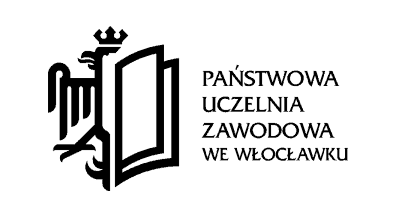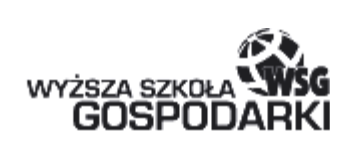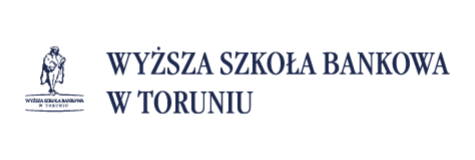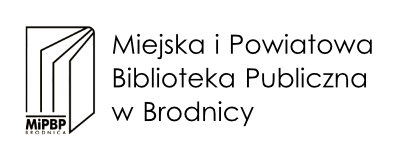Kujawsko-Pomorska Digital Library contains 263 217 digital objects
Access Guidelines and Content Creation and Preservation Policy
Access to KPDL metadata and files
The KPDL (Kujawsko-Pomorska Digital Library) is not a publisher but a repository of electronic items or a data base functioning under the Polish Database Protection Law (Journal of Laws of 9 November 2001), in accordance with which its patrons may re-use, both in terms of quality and quantity, a substantial part of the data base publically disseminated:
- for private use;
- as illustration for research and study with the original source attributed to, if such re-use is justified by a non-commercial purpose the database has been used for.
- for the purpose of national security and/or legal or administrative proceedings.
Any repeated and systematic downloading or derivative use that does not meet the standards of regular use and causes an unjustified violation of producer’s legitimate interests is not permitted.
Metadata, files may be re-used for non-commercial purposes provided attribution is given, namely, by providing the full bibliographical details using the KPDL hyperlink http://kpbc.umk.pl/ or an individual item identifier oai:kpbc.umk.pl:23293.
For commercial purposes master copies of resources may be ordered for a fee from the Digitalization Lab, e-mail: repro@bu.uni.torun.pl or other project partners.
Access to KPDL archival resources
Publications (books, periodicals. audio/video recordings and other materials) stored by the KPDL belong to the public domain or are protected by copyright. They have been lawfully made available, therefore:
- All users have the right to freely access any materials stored by the KPDL unless they are under copyright law secured by their property rights owner.
- Copies of documents are deemed legal if they are:
- made for private use;
- made for educational purposes and research providing attribution is given to the source.
- Copies must be provided with the author’s title and full bibliographical data and link to the item quoted or a formal KPDL identifier oai:kpbc.umk.pl:23293.
- If the author or publisher has changed the re-use scope of his work, such information can be found in the RIGHTS field.
Materials belonging to the Public Domain are not subject to copyright law
The public domain embraces materials to which restrictions of Polish copyright law either do not apply or have expired. Materials that have found their way to the public domain become common property available to all to be freely re-used in any manner and for any purpose but with respect to the author’s moral rights.
The public domain always includes materials not protected by Polish copyright law, such as normative acts or its official drafts, official documents and materials, signs and symbols, published patent and industrial design specifications, simple press information.
Pursuant to the Copyright and Other Related Rights Act (Journal of Laws 1994 no 24, item 83 w/later amendments) a copyright expires:
- 70 years after the death of the authors/co-authors;
- 70 years after the anonymous work was released;
- regarding an audio-visual work – 70 years after the death of the last remaining creator of the work: director, scriptwriter writer, director of photography, dialogue writer, composer of music.
The above explanation does not apply to all possible cases to which copyright law applies. Therefore, each case should be treated separately.
KPDL Content Creation Policy
The KPDL is a multidisciplinary repository (archive) of scientific and popular-science content which:
- focuses on preservation of Polish cultural heritage;
- specializes in capturing materials connected with the Kujawsko-pomorskie region.
- stores up all kinds of documents that have been digitalized or ‘born digital’, such as periodicals, books, leaflets, maps and educational audio/video recordings.
- digitalizes resources that have their traditional counterparts usually stored in Kujawsko-pomorskie regional memorial institutions.
Preservation Policy
- Project partners will make every effort to ensure permanent safe conditions of all digital items stored:
- Items will be migrated to new file formats where necessary
- If necessary, software changes shall be introduced in such a way that the items stored will be retained.
- The KPDL does not guarantee the readability of all file formats.
- The project coordinator cooperates with external partners to:
- convert and migrate file items and formats;
- retain items for an indefinite period of time;
- store back-up copies of the items in external archives according to established standards
- The KPDL retains all files according to current best practice. In particular circumstances, however, items may be withdrawn at the request of the author/copyright holder. Accepted reasons for withdrawal include:
- other contracts or licenses that might infringe the author’s copyright;
- plagiarism;
- falsified research;
- proven copyright to orphan works;
- proven violations of legal requirements;
- national security.
- Withdrawn resources are not deleted per se but moved to the KPDL closed archive.
- The source identifier shall be retained indefinitely.
- The persistent URL (Universal Resource Locator) of the deleted resource will point to a bibliographic record description with suitable explanation.
- If necessary, the KPDL will retain all the updated versions of the same item.
- In case the digital library has to be closed down for some reason, all the items stored will be moved to another repository that will competently secure the KPDL resources.
Policy was formulated by the KPDL team. Toruń 2010.




